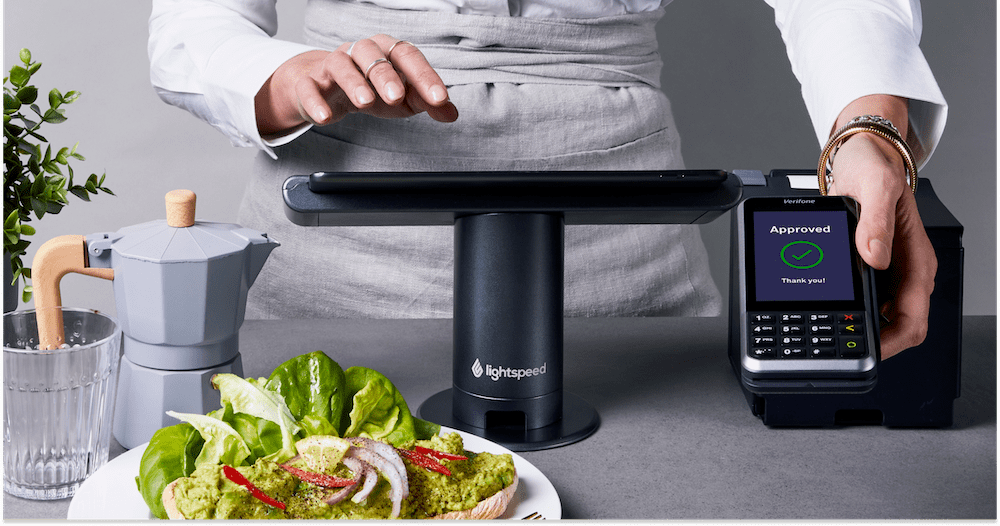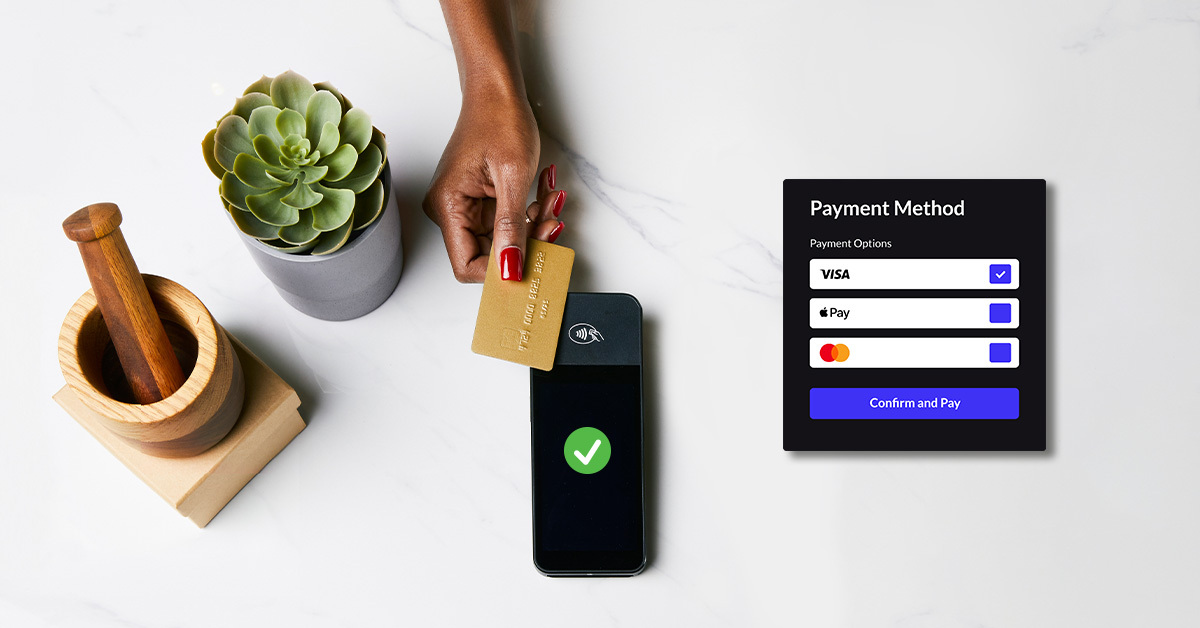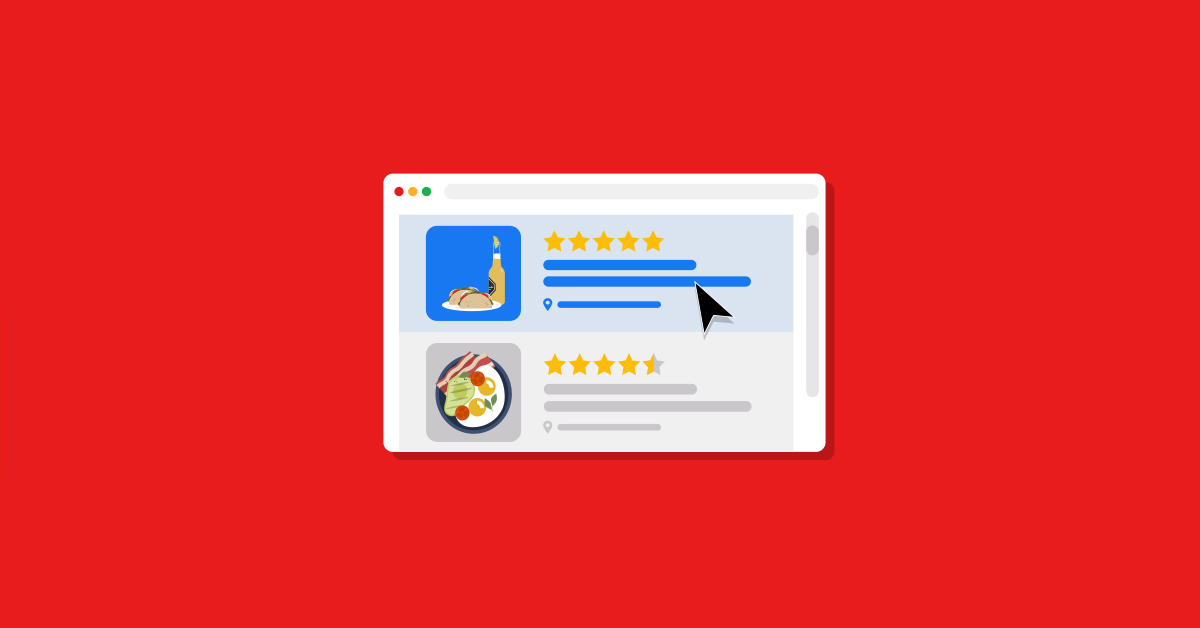
As a hospitality venue, the chances are you already have a payment provider for your business. However, with new players entering the market, many hospitality operators are looking to switch up their payment provider to find a solution that better aligns with their business.
While there’s no one-size-fits-all approach to choosing a payment provider for your hospitality business, there are several questions you should keep in mind when researching and making your final decision.
What is a payment provider?
Before we dive in, let’s quickly explore what a payment provider is and why your business needs one.
In a nutshell, a payment service provider (also known as a PSP or payment provider) offers various financial services to facilitate transactions between merchants and customers. These services typically include processing payments made through credit cards, debit cards, bank transfers, and alternative payment methods such as digital wallets, like Apple Pay.
Payment providers offer a range of solutions to handle transactions securely, including payment gateways, merchant accounts, and fraud detection services. They play a crucial role in enabling businesses to accept payments from customers, both online and in-person, by providing the necessary infrastructure and technology to process transactions securely.
10 questions to ask before choosing a payment provider
- Is the payment system easy to set up?
- Is there ongoing support?
- Can you still process transactions when the WiFi is down?
- Is there an option to pass on surcharges?
- What is the reporting functionality?
- How long does it take to receive payouts?
- What are the costs associated with it?
- Does the platform integrate with other business tools?
- What security measures are in place to protect customer payments?
- Is it a flexible system to accommodate different workflows?
1. Is the system easy to set up?
Implementing a new payment platform should be quick and seamless, ensuring minimal disruption to operations, especially in an industry as fast-paced as hospitality.
Many legacy payment systems (outdated technology stored on local hardware and servers) can be complex and require extensive time and training to set up. On the other hand, cloud-based payment platforms (where data is stored and managed on a network of remote servers hosted on the Internet) are usually quick and easy to set up. This is because the software is already set up and ready to go from the cloud. It’s often just a case of logging in and connecting your hardware, and you can start selling.
Plus, these systems often require little technical support and can be set up in minutes, allowing for minimal disruption to your service.

2. Is there ongoing support?
As with any new business tool or technology, there may be some teething issues while you and your team get started with the system. You might also have questions about the platform, such as how to issue refunds or about declined or duplicate transactions, for example.
With this in mind, it’s essential to understand what level of support you will receive from your payment provider. Check for ongoing support (not just support during onboarding), if they have a dedicated support team, how you can contact them and what days/times they are available.
3. Can you still process transactions when the WiFi is down?
Many businesses depend on Wi-Fi, and some terminals don’t automatically switch to 4G, so outages or a dip in signal can cause chaos for venues. Therefore, it’s crucial to ensure that your potential payment provider can operate offline while the internet is down.
Lightspeed Payments, for example, provides the capability to process standalone transactions which are reported and settled with your integrated transactions so no matter what, you’ll always be able to view, refund and reconcile transactions.
4. Is there an option to pass on surcharges?
Credit card surcharges can be a contentious issue among customers, but with rising operational costs, an ever-increasing number of hospitality businesses are, understandably, opting to pass on surcharges to customers.
Therefore, if this is something your venue is looking to adopt or might consider in the future, it’s essential to understand if your chosen payment provider has the functionality to pass on surcharges.
5. What is the reporting functionality?
Reporting is the cornerstone of any successful business, and understanding what you sell and how much is paramount for planning and scaling your business. It’s also important to have access to financial reports and information from your payment provider so you can access transactional data to understand your customers’ spending patterns.
With this in mind, it’s important to ask what reporting capabilities are available within the payment system and how easy it is to build reports and dashboards in the platform.

6. How long does it take to receive payouts?
This is an important question, as the time it takes for a payment processor to route the proceeds from each transaction to your account can range from 24-48 hours to a couple of days or longer, which can seriously impact your cash flow.
Lightspeed Payments, for example, pay out the next day, so it’s easy to manage and maintain your cash flow without disruptions.
7. How much does it cost?
Another important point to consider when choosing a payment processor is the cost. As with any software, there will be fees to pay; however, these can vary widely depending on the provider and your transaction volume.
When discussing costs with your potential payment provider, ask if there are any subscription fees, one-time set-up costs, monthly fees, or if they charge a flat fee or percentage per transaction.
8. Does the platform integrate with other business tools?
To ensure your financial operations run smoothly, you’ll want a payment platform that integrates with your existing business tools and software.
For example, ask if your payment provider integrates with your accounting software. By confirming that the two platforms can seamlessly integrate, you’ll save hours on manual data uploads or reconciliation, as all of your payment data will sync from one platform to the other.
9. What security measures are in place to protect customer payments?
Payment security and fraud prevention are paramount to building and retaining consumer trust. Therefore, it is crucial to understand what security measures your payment provider provides.
Any reputable payment provider will guarantee that your customer data and transactions are secure and encrypted. Providers should also be payment card industry (PCI) compliant, which means they are required to follow specific criteria and guidelines to ensure the credit card data provided by cardholders is secure and protected.

10. Is it a flexible system to accommodate different workflows?
Understanding how flexible the system and its hardware are is another important question to consider before choosing a payment provider. Many legacy payment systems require you to come up the counter to present your card and pay.
For many hospitality venues, it’s much more convenient for customers to pay at the table. Therefore, ask if the payment devices are portable and can be used throughout your venue for ultimate customer convenience. Ideally, you want a flexible system that has the options to pay at the counter, pay at the table and split bills easily.
Choosing the right payment provider
Selecting the right payment provider for your hospitality venue is a crucial decision that can impact your business operations and customer satisfaction. By asking the ten key questions outlined in this article, it’ll be easier to make an informed choice that aligns with the specific needs of your venue and business goals.
From ease of setup to security measures and integration capabilities, it’s important to thoroughly evaluate each factor so you can confidently choose a payment provider that meets your current requirements and can also adapt and scale with your business in the long term.

News you care about. Tips you can use.
Everything your business needs to grow, delivered straight to your inbox.


